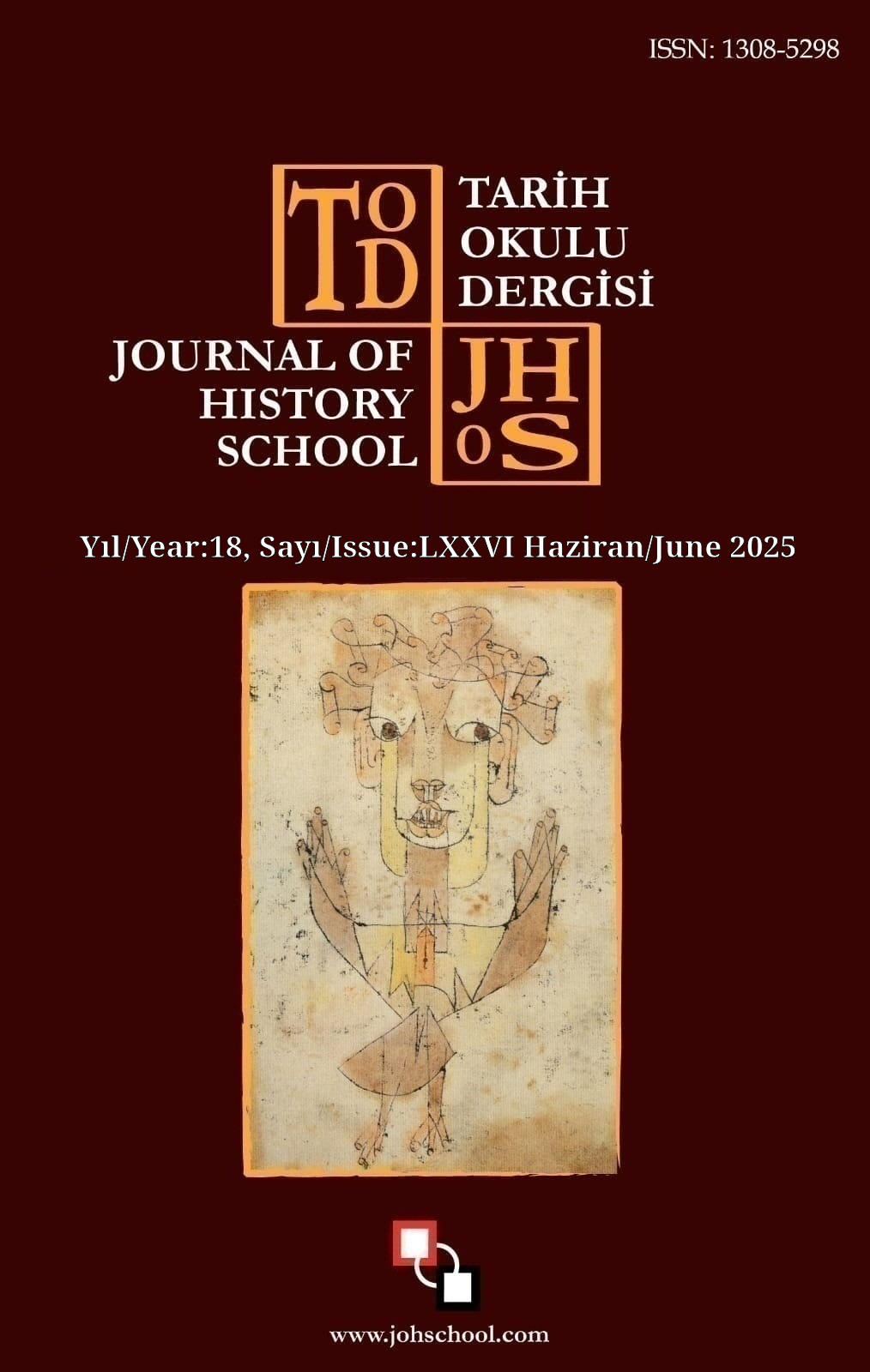181 NUMARALI HARPUT ŞER’İYYE SİCİLİ’NİN TRANSKRİPSİYONUNUN TANITIMI VE HÜLASASI (HİCRİ 1041-1042/MİLLADİ 1632-1633)
Author :
Abstract
Osmanlı Devleti’nin kendine özgü şer'iyye sicilleri mevcut olmuştur. Bu siciller, sadece hukuki kayıtlar olmakla kalmayıp, aynı zamanda dönemin sosyal biçimini, idari düzenini ve günlük hayatını kavramak için değer biçilmez kaynaklardır. Mesela, adaletin nasıl işlediği, insanların sosyal ilişkilerindeki normlar, ekonomik faaliyetler ve hatta küçük yerleşim yerlerinin isimlerini ve demografik yapısı gibi muhtelif pek çok konu bu sicillerde mevcuttur. Bu noktada, 181 numaralı Harput şer'iyye sicili örneği, sadece bir belge olmanın ötesinde, ilgili dönemin toplumsal dokusunu aydınlatmak için geniş bir pencere sunuyor. Bu sicil, günümüz akademik tarih araştırmalarına katkı sağlayan verilerin yanı sıra, dönemin yönetim biçimini, adalet anlayışını ve halkın gündelik sorunlarını da aydınlatmaktadır. Dolayısıyla, bu sicil, Osmanlı tarihini sadece padişahların ve savaşların tarihi olarak değil, halkın yaşamına dair çok yönlü bilgiler verdiği için de sosyal tarih yazmaya olanak tanır. Bu çalışma, Harput tarihi için bu dönemde bilinmeyen birçok meseleyi aşikâr kılmıştır. 181 numaralı Harput şer'iyye sicilinde ekseriyet itibariyle, satış akdi, alacak-verecek meseleleri, miras paylaşımı, nafaka, hibe vs. gibi davalar kaydedilmiştir.
Keywords
Abstract
The Ottoman Empire had its own unique Shari'a court registers. These registers were not only legal records but also invaluable sources for understanding the social structure, administrative organization, and daily life of the period. For example, many topics such as how justice was administered, the norms in people's social relations, economic activities, and even the names and demographic structures of small settlements can be found in these registers. At this point, the example of the 181st Harput Shari'a court register offers a comprehensive window not only as a document but also for understanding the social fabric of the period. This register the system of governance, understanding of justice, and the daily issues faced by the people unknown. Therefore, such registers allow for a deep analysis of Ottoman history, not merely as the history of sultans and wars, but through a multidimensional understanding of the lives of the people. This study has revealed many previously sheds light on not only the data contributing to academic research of the time but also issues regarding the history of Harput during this period. In the 181st Harput Shari'a court register, the majority of the cases recorded concern matters such as sales contracts, debts and receivables, inheritance distribution, alimony, donations, etc.





